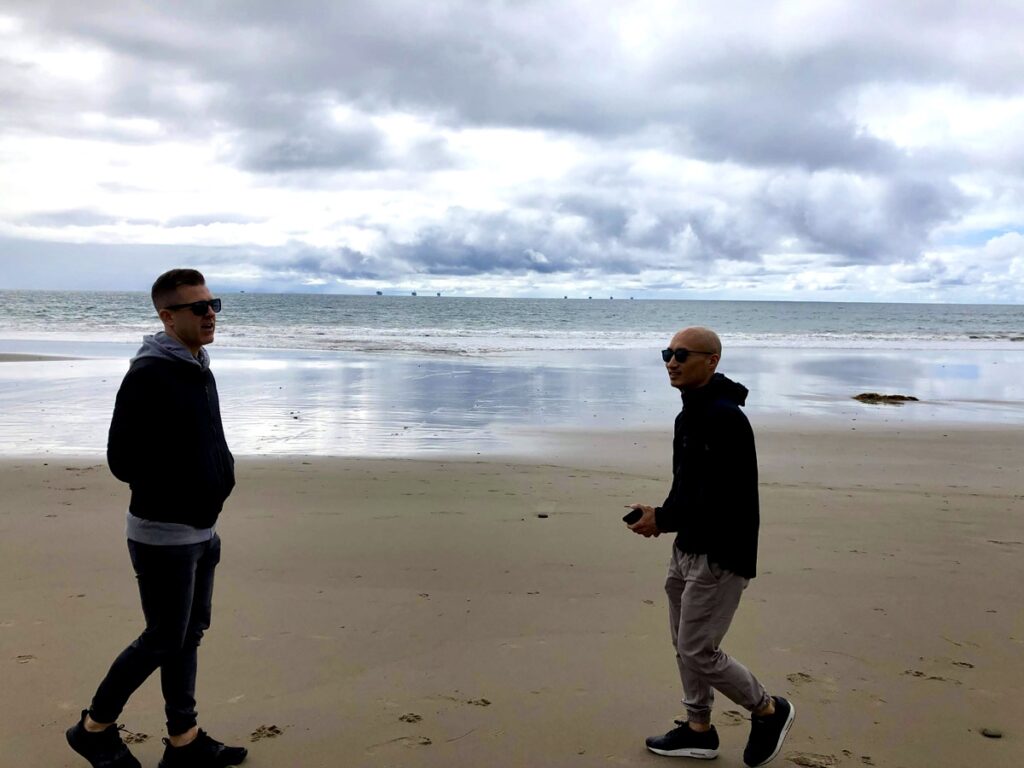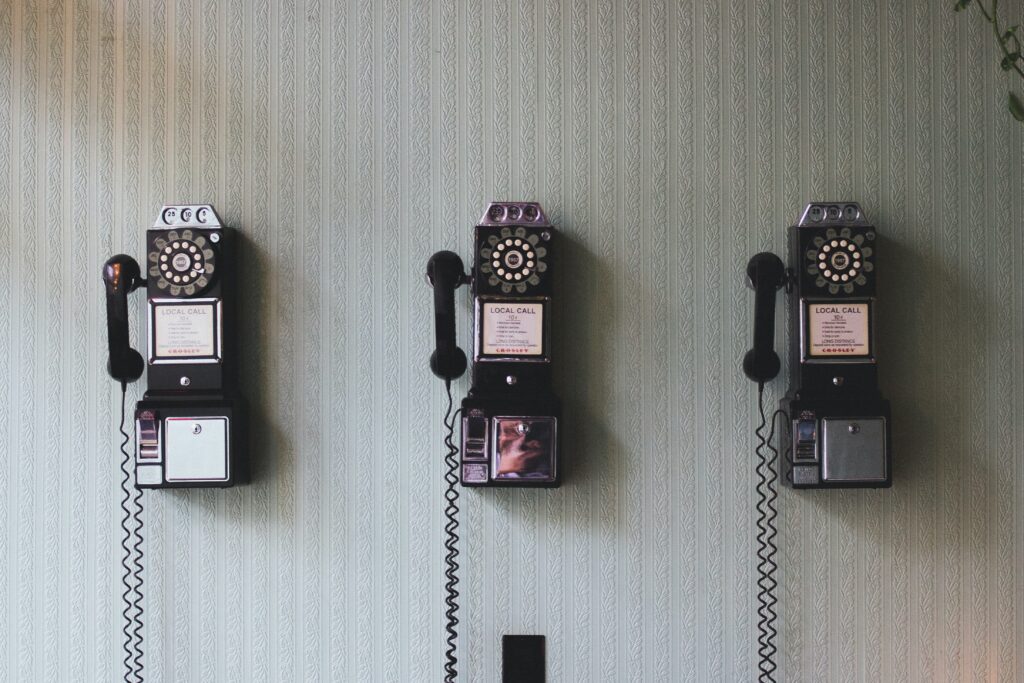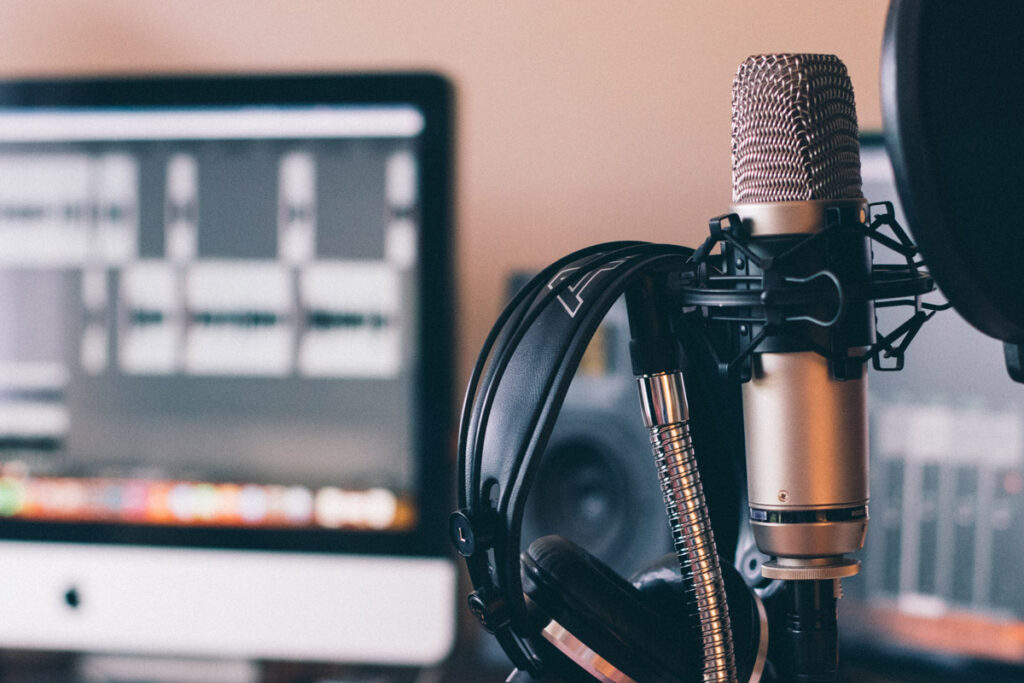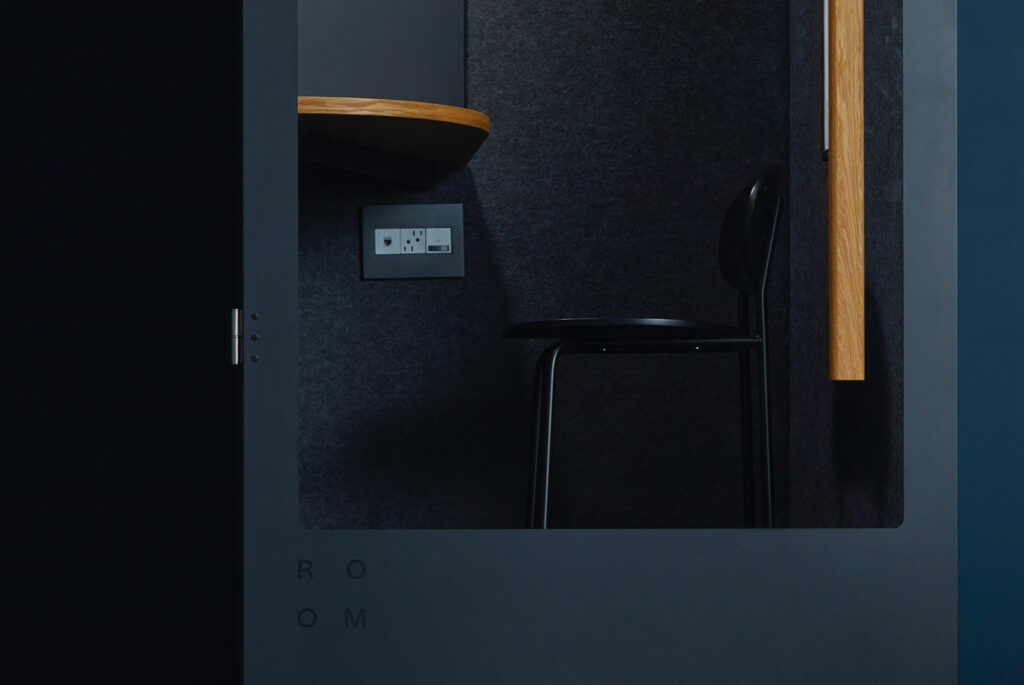Voice actors won’t have a boss to guide them. Learn the 5 things a 15-year voice over veteran thinks you should know before becoming a voice actor.
My wife and I moved to a new place recently. So we’re meeting a lot of new people.
And one of the most common topics that comes up with strangers of a certain age is the ‘what do you do for a living’ conversation. When they find out I’m a voice actor, most people want to know if my voice has been used on anything they may have seen or heard.
Some ask how I got started in voice over. And a smaller set ask how they can get started in voice acting themselves.

Instead of boring new acquaintances (and you) to death with my personal story, or overwhelming an information seeking stranger with too much info too quickly, I typically try to keep my answer short with a well known commercial or an industry insider tidbit. Nothing stops a conversation quicker than a stranger rattling on about themselves for 20 minutes.
One guy walking his dog outside our new building recently asked me, “What do you wish you had known before becoming a voice actor?”
I scratched my head for a second and realized… Now, that’s a question that needs a proper answer.
So here are 5 things you should know before becoming a voice actor.

1. It’s Not (Always) About Having The Best Voice
If you have friends and family complimenting you on your killer, resonant speaking voice, it can be easy to assume that you’ll have no trouble sliding into voice acting – and will book ALL of the voice over jobs that come your way.
But it’s not quite that simple.
You see, while having a nice voice definitely won’t be held against you (and can totally be to your benefit at times), you’ll find that success in voice over auditions typically hinges on a couple of different factors.
- The quality of your read matters more than your voice. A nuanced read that delivers the script in a way that demonstrates understanding of the message wins over a flat read in a nice voice. Every. Single. Time.
- Advertisers in particular are looking for real people. Sure, those big announcer voices still sell a lot of non-stick cookware on infomercials. But that’s about it these days. The trend in modern advertising is using real people to deliver a company message because it conveys trust. Who would you trust more? Someone who sounds like they could be your next-door neighbor – or an old-school announcer giving you the hard sell like a used-car dealer pushing you to get the nitrogen filled tires and paint protection?
This is actually a great thing!
It means that there is work out there for everyone. And regardless of whether you naturally sound like the announcer in a slick Mercedes ad – or sound like an awkward teenager trying to explain crypto to your grandmother, there will be opportunities for you in VO.
It means that the playing field is way more level than you might imagine.

But it Also Means You May Have to Unlearn Some Bad Habits You Have Unwittingly Taught Yourself
Before I got started in voice acting, I worked at a huge hotel in New York. I’d call restaurants to book dinner reservations – and ring up nightclub promoters to get people on tough to crack guest lists.
After a while, I noticed that when I dropped my voice into my lower register and acted like I couldn’t care less about the actual outcome of the call, I had more success getting last minute reservations at fully booked places (don’t ask me why that worked).
A few restaurant hostesses even told me I had an awesome voice. I remember clearly when one of them said, “you should totally do voiceover.” (Yep, I was pretty full of myself after that one).
With ego-boosting comments like those I just assumed that my deeper voice was my sweet spot. And for getting people into Tao for dinner at 8:30 on a Friday night, it was.
But the problem is, that voice I used wasn’t natural.
Start Your Career as a Voice Actor
Voice Over: The Ultimate Beginner’s Guide
Once I actually got started in voice acting, it took me quite a while to unlearn all those things I thought I knew about using my voice. I had to banish that unnaturally deep voice I had used on the phone for years, and re-learn how to speak like a human being.
That can be tough when you have a microphone in your face – and a casting director listening to every syllable.

2. You’ll Eventually Need to Spend Some Money
Getting up and running in voiceover is a little different than many jobs. Since the expectation is that you can deliver studio-quality audio files from home, that means you’ll eventually have to buy some gear to make that expectation a reality.
Oftentimes that means spending money before you’ve ever actually made any money from a voiceover booking.
Here are some of the common expenditures in voiceover:
- Equipment. Microphone, Audio Interface, Pop Filter, Mic Stand, Monitoring Headphones, Computer
- Recording Software. Referred to as a DAW – or digital audio workstation
- Recording Space. From a pillow fort made of moving blankets and sweaters, to a professional vocal booth (and all stops in between)
- Fees. Demo production, software for live directed sessions, website hosting, pay-to-play-site fees, marketing, training, etc.
Damn. Seems like a lot, right?
Now, take all of that with a grain of salt.

The Good News is Actually Abundant Here
- You may have some of the things you’ll need already. No one says you need a new computer. You might have a sleek laptop – or an old desktop running Windows Vista. As long as it boots up, use it. Do you have earbuds? You’ll want to get some proper headphones at some point – but why not use those old earbuds to monitor yourself and edit your files for the time being.
- There are some great free options when it comes to your DAW (recording software).
- Most people won’t need to buy a vocal booth. A little creativity goes a long way in using some of the spaces you’ve already got at home.
- You don’t need the BEST of everything. I used a USB microphone for years in my home setup – both for auditions and for paid jobs. My clients never asked what mic I was using.
- You don’t have to do all of it at once. Triage your needs and purchase accordingly. Don’t put yourself in the poorhouse before your first audition. You can always upgrade your gear and services down the line when you’re making money.

3. Your Recording Space is as Important as Your Recording Equipment
Read that again and let it sink in.
You need a space to record in that is:
- Treated for echoes and reverb.
- Free of external noise.
Because no matter how good your equipment is, your voice recordings will not be worth sending to casting directors and clients if they sound bad.

4. In Voiceover, You’ll Need to Be a Self Starter. And You Might Need Some Help
Listen, most traditional jobs have a boss to train you, tell you what to do, in what order – and what the metrics of success are.
An office job likely has an entire department dedicated to invoicing and accounting – and another one that handles marketing and social media.
A voice actor just starting out won’t be getting much guidance – or the benefit of those supporting departments you find at a typical office job. You’ll be doing it all yourself.
That can be overwhelming.
It’s easy to feel lost and stuck – or go down a Reddit rabbit-hole and overwhelm yourself with too much information in the wrong order. No shame in that! We’ve all been there at one point or another.
If you’re just starting out, it can be helpful to get a grasp on everything you’ll need to be doing for yourself by taking a class that breaks it all down into digestible bits of actionable information.
Voice over is like any job – mysterious and overwhelming at first, and totally manageable once you’ve been doing it for a while.
Don’t be afraid to seek out a little help!

5. For Voice Actors, Animation Isn’t Everything
A fairly high percentage of the voice actors I interact with on a daily basis were initially drawn to the industry by their love of animation. Everything from marquee shows like Rick and Morty and Bob’s Burgers – all the way to Japanese Anime like Fullmetal Alchemist and Death Note.
Guess how many of those regularly working voice actors I just mentioned actually perform on animated shows?
The answer is… not many at all.
It’s not that animation work isn’t out there. It totally is. And some people EXCEL in that realm. So don’t let me burst your bubble. You may be one of those character voice prodigies!
However there’s a lot more work out there in varied fields like commercial, promo, e-learning, audiobooks, transit announcements, phone prompts, social media content and explainer videos.
Seriously, think of all the company and product videos on shopping platforms and YouTube you inevitably come across when you research a product you want to buy. If that video has an off-camera voice, a voice actor was likely paid for that work.
Most voice actors end up working on a range of projects. Some of it is high profile. Some of it is forgettable the moment you finish the recording session.
But almost all of it is lucrative and fun to work on.
Again – there is a lot of animation and dubbing work out there. And if you’re the next H. Jon Benjamin, omg you’re gonna be BUSY.
I would just advise beginner voice actors to set your sights wide. Voice over is a big industry with a ton of opportunity. Animation is only a slice of the pie.
Curious about how to become a voice actor? Want to learn more about voice acting and the things beginners should know about the voice over industry? Bring your natural talent and check out my class for beginners!



Is there room for older voices in this industry?
That’s a great question! Yes – there is a ton of VO work for older voice actors in all realms (commercial, creative, etc). There’s no sell-by-date in voice acting. I know some VERY successful seniors who are crushing it in voiceover!